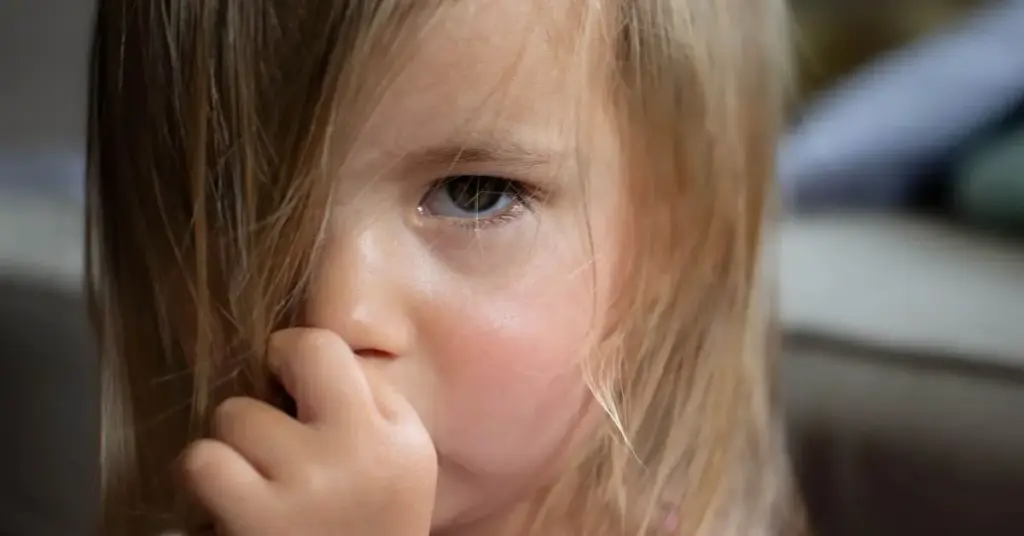
Some children seem to "go to any length" to test the patience of parents and teachers. They may hiss, talk back, throw tantrums or shut themselves off from the world altogether. They are often stigmatised: bad child. But does it really exist?
There is always a deeper reason behind difficult behaviour. Children don't shout to annoy their parents, and they don't lash out because they have a "bad temper". They behave this way because something they cannot express in any other way.
Imagine a young child trying to fit in at nursery or school all day. Teachers' expectations, peer feedback, rules all add up to more and more frustration. He goes home and at the first little conflict, the tension of the day erupts.
And the parent is stunned: "Why are you acting like this?"
💔 A child who has a tantrum actually feels helpless.
💔 A child who throws a tantrum can't cope with the tension inside.
💔 A child who "misbehaves" often just wants attention and connection.
🏠 Home - The parent becomes more and more strict or more and more lenient, but neither of these brings real change. And the child becomes more combative or withdrawn.
🎒 In school - The child is treated as a "problem child" and a vicious circle is set in motion: the more the child is labelled, the more behavioural problems he or she has.
⏳ In the long term - Repressed emotions can lead to self-esteem problems, failure behaviour, anxiety or start-up difficulties.
What message is the child getting if we only punish his behaviour?
Over the years, these messages become internal and can shape him into the adult he is:
❌ Afraid to stand up for yourself because you learned as a child that your feelings don't matter.
❌ He doesn't dare to ask for help because he has experienced that he will be left alone with his problems.
❌ Be aggressive because it's the only way he knows how to express his emotions.
Instead of punishing or ignoring behaviour, children need to be taught how to manage their feelings. Because it's not the child who is "bad" - it's the lack of tools to help themselves.
Imagine what it would be like if your child could recognise when they were angry and tell you what they wanted. If he didn't have to hide behind "badness" but knew that his feelings were valid and that there was a solution.

From Emotional Storm Management Workshop we use stories, games and creative tools to help children learn to understand and process their emotions.
📍 Helyszín: 24FitClub – 1054 Budapest, Szemere utca 19.
📅 Időpont: 2025. március 22. (szombat) 09:00–12:00
💰 Részvételi díj: 8.000 Ft / fő
👫 Testvéreknek: 10% kedvezmény
👉🏻 Apply here
📲 Contact: +36 30 929 6835
✉️ E-mail: hello@eletszinkron.hu
🌐 Website: https://eletszinkron.hu/erzelmi-viharkezelo-workshop/
Every behaviour is a message. The question is whether we hear it.
Draw Power from Self-Knowledge
The Synchro Test gives you a comprehensive picture of key areas of your life in 5-10 minutes: Family, Love, Home, Work, Money, Leisure, Health, Self Development. Based on your assessment, you can assess your strengths and opportunities for improvement, understanding how the mosaics of your life fit together.
Take the test to see where you stand more clearly and use it as a compass for your personal development.

On our website, we use solutions that allow us to provide a more personalised experience and to show you customised advertising. To do this, please enable cookies and other tracking solutions. You can change this later in the "Cookie Notice" in the footer.
We wish you a pleasant browsing!